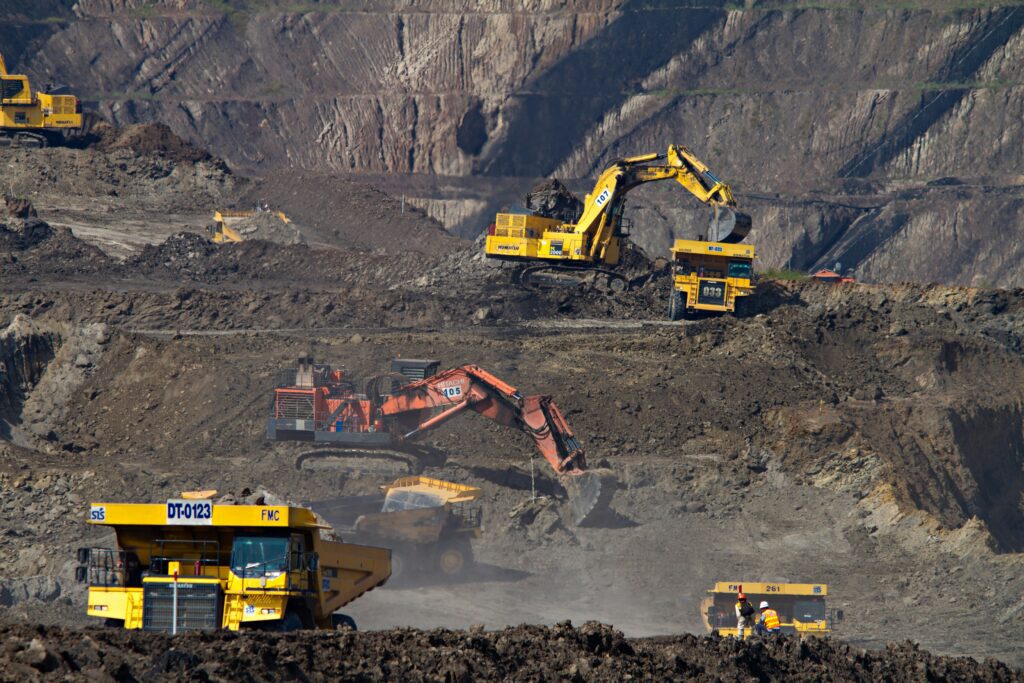African agriculture can redefine the country. They need investment first.
African Fertilizer
In May, African leaders pledged to triple fertilizer use across the continent. This goal for African agriculture requires a significant investment of $2 billion in a fund that has historically faced fundraising challenges.
The increase in fertilizer use is critical to boost food production and enhance soil quality, which has been declining due to overuse and climate change effects. The African Development Bank has big ambitions for this fund. They aim to scale it up to help “feed Africa.” However, the fund has struggled with fundraising, making the $2 billion target a challenging goal.
Success in this endeavor could lead to substantial improvements in agricultural productivity and food security. Securing the necessary investment will require significant international support and strong intra-African coordination and commitment. By addressing these challenges, leaders believe Africa can harness its agricultural potential and ensure a sustainable future for its people.
Critical Minerals
Sub-Saharan Africa holds approximately 30% of global mineral reserves essential for green technologies, such as cobalt, lithium, and graphite. Leveraging these resources is crucial for Africa to play a role in the green energy transition.
Sub-Saharan Africa’s mineral wealth can make them a key player in the transition to clean energy. The country has historically contributed less than 5% of global greenhouse gas emissions. However, they remain highly vulnerable to climate impacts. Climate-based food insecurity is one of the greatest concerns of the continent.
China has established itself as the dominant stakeholder in critical mineral supply chains. This is primarily through investments in African infrastructure and mining operations, says the SAIIA. China, like Africa, has faced food insecurity as well due to climate change. Other global players, such as the United States and the European Union, are also increasing their engagement with Africa to secure critical minerals and support green energy goals.
Since adopting the African Mining Vision (AMV) in 2009, the African Union has aimed to ensure sustainable development of Africa’s natural resources. The AMV promotes processing and mineral resource-based industrialization, ensuring that Africa benefits from its mineral wealth.
Countries with significant mineral reserves, like Tanzania and Zimbabwe, are implementing measures to promote local value addition. Effective governance and policy reforms are essential to prevent Africa from remaining merely a raw material supplier without developing its local production capacity.
The continent also faces significant energy poverty, with over 40% of its population lacking access to electricity. To address these challenges, Africa must leverage its mineral wealth to expand energy access and support economic growth through green industrialization. Africa’s Fertilizer Fund is set to help manage fertilizer availability on top of the added value from the critical minerals industry.














